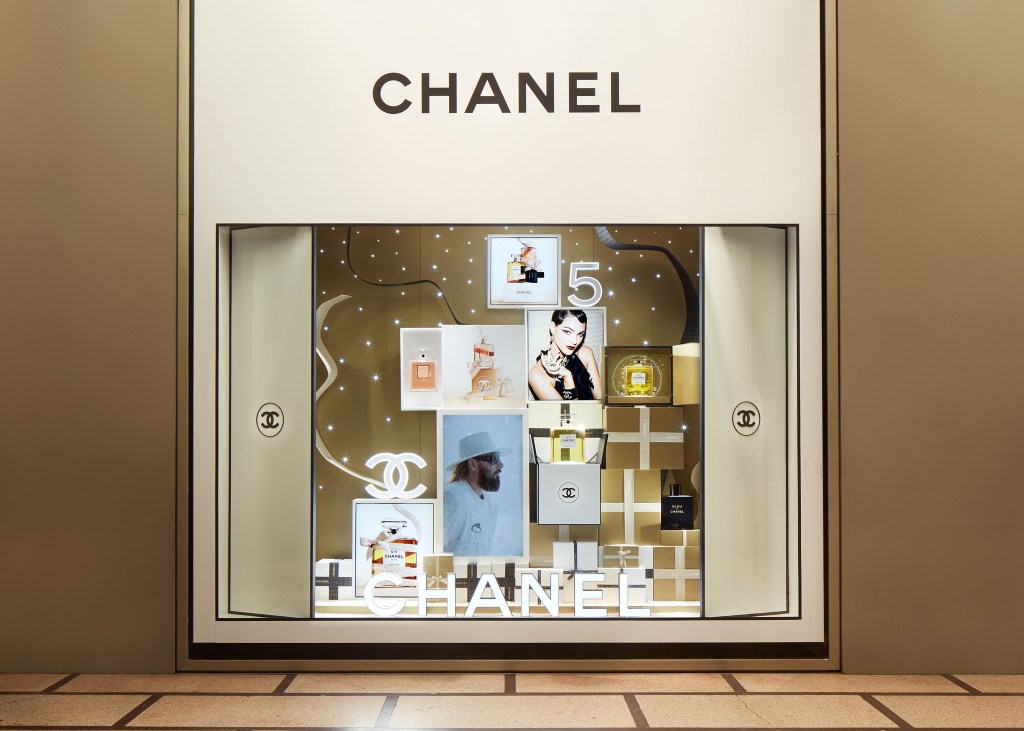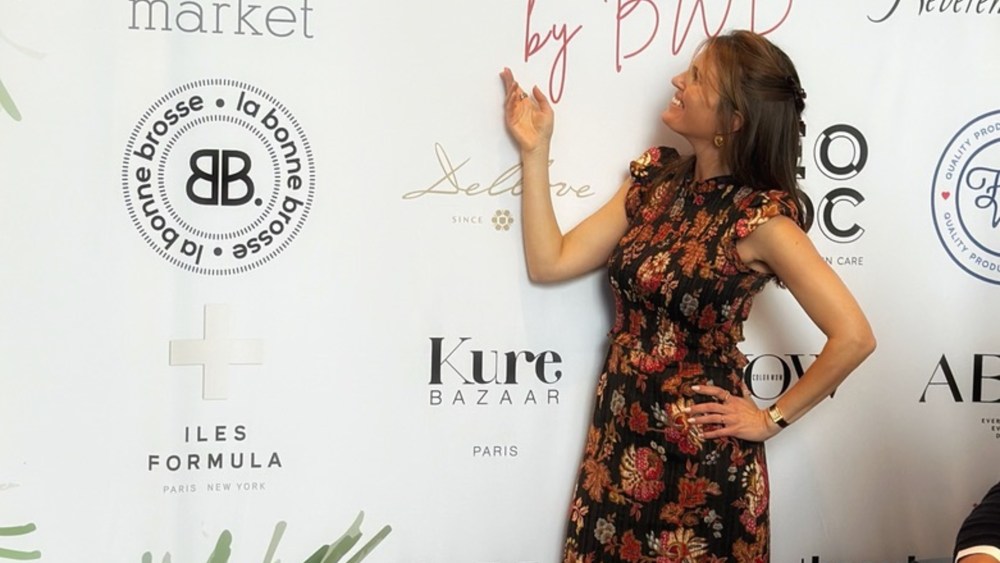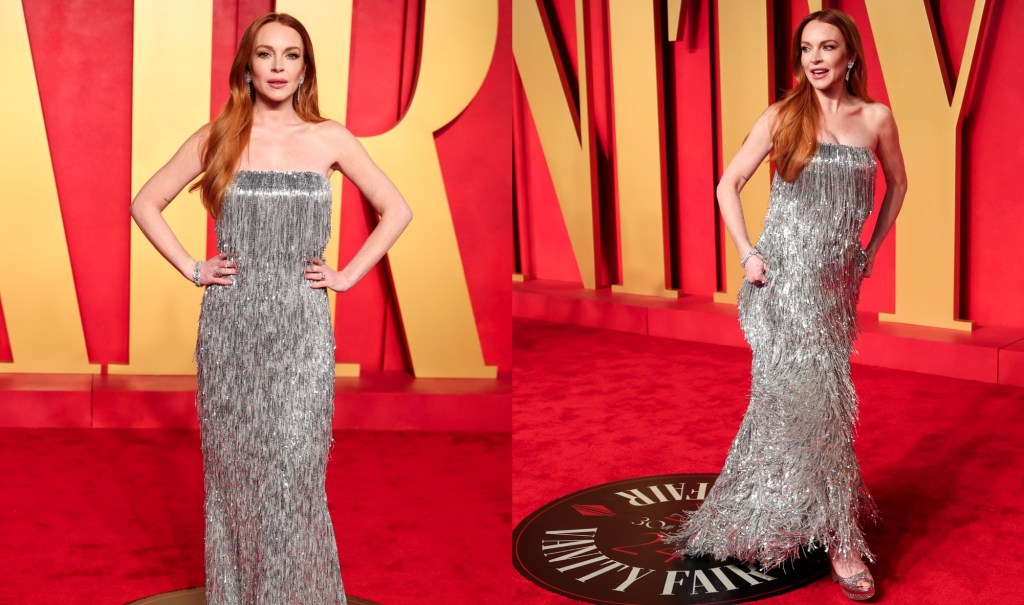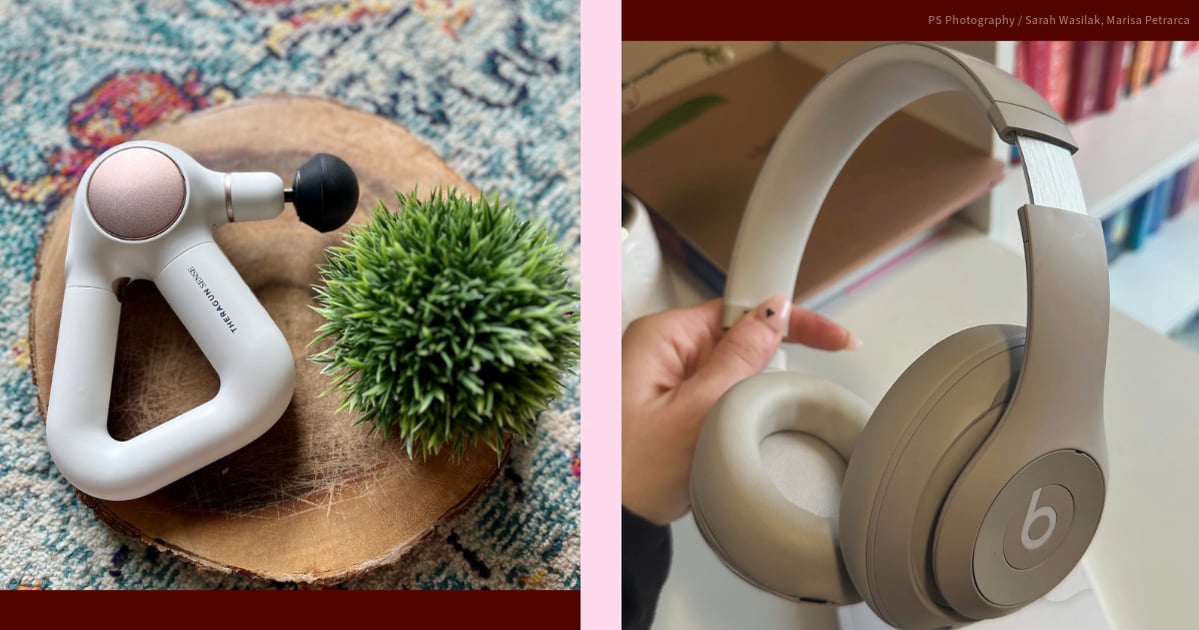After more than five years of legal wranglings over trademark and infringement issues, Chanel’s and What Goes Around Comes Around’s trial is underway in New York federal court.
In its initial lawsuit in 2018, Chanel alleged the resale specialist was trying to deceive consumers that there was an affiliation between the two companies and that Chanel had authenticated the pre-owned goods. Attorneys for both camps debated those and other points during the first two days of the trial, such as whether or not WGACA ever sold counterfeit Chanel handbags and if consumers have been confused that the two companies have an affiliation.
The juried trial, which is expected to take at least two weeks, is being watched in relation to how resale retailers define the authenticity of their goods and how they market them. Justice Louis Stanton is overseeing the proceedings that will determine which, if any, of Chanel’s claims WAGACA is liable for, and then the award of damages and legal remedies.
During the first day of testimony Tuesday in the U.S. District Court in the Southern District of New York, Joyce Green, managing director of Chanel France, delivered key testimony, and she returned to the stand Wednesday. After the jury had been dismissed for a lunch break Wednesday, Stanton inquired if his direction that had been given to counsel had been shared with Green before testifying, and he was informed that it had.
WGACA’s legal team took issue with her claims that a counterfeit Chanel bag had been sold at WGACA – a point that one of the attorneys for the reseller said “has been disputed all along.” Stanton cautioned about flirting with a mistrial, and he later spoke with Green and lawyers from both sides privately before Wednesday’s afternoon session resumed.
One of Chanel’s attorneys claimed that WGACA sold a counterfeit Chanel handbag that had a serial number that Chanel had not used and that the New York-based resale retailer had been notified of in 2015. He said that a pile of authentication stickers that Chanel uses to track its merchandise had been stolen from the Renato Corti factory in Italy where they are made.
The bag in question was said to have been “a typo” and was said to have been sold the following year, despite WGACA having been informed of the situation via a cease-and-desist letter, according to a Chanel attorney with Sheppard Mullin. In addition, the secondhand specialist stopped listing serial numbers on its e-commerce site.
Chanel’s attorney argued that WGACA sold more than 51 handbags that infringed upon its trademark, as well as 779 products including a tissue box cover imprinted with the Chanel’s logo that was created as collateral for beauty counters that sell Chanel products.
At one point in Tuesday’s proceedings, Stanton advised the jury about the overuse of the term “counterfeit,” and how the definition is simple — “It’s a copy…and it’s very hard to tell it from the original.” In his preliminary remarks, Stanton told the jury that their decision should be based solely on evidence, as in sworn testimony of the witnesses and the exhibits.
WGACA sold $90 million worth of (pre-owned) Chanel products between 2016 and 2022, according to Chanel’s lawyer.
One of WGACA’s attorneys with Galenter Law presented a “David and Goliath” scenario, describing the retailer’s founders, Seth Weisser and Gerard Malone, as having been “born and bred in New York” and as having had the vision decades ago to start a company for the secondary market that had not yet been created (to the degree that it exists today) by first opening a SoHo store. They were seated in the courtroom Tuesday and are expected to testify.
WGACA’s legal team suggested the case was not about Chanel, its brand or its trademark, but more about giving consumers the choice to buy secondhand products from companies that sell such goods responsibly.
One matter of debate that surfaced repeatedly Tuesday and Wednesday was WGACA’s selling non-fashion Chanel display materials that are typically only used by Chanel’s retail partners for beauty counter displays. Green said multiple times that those counter display items are “props” not products, and they were never made to be sold. She also challenged WGACA’s use of WGACA branded dust covers on these plastic Chanel objects, suggesting the retailer was trying to elevate their value. In fact, the luxury brand is so protective of its image that should an authorized retail partner close or an alliance sever, as was the case when Lord & Taylor closed, Chanel retrieves those items. But during Wednesday’s hours-long cross-examination of Green, one of WGACA’s lawyers countered that one such item had been described as a container.
Both sides went back and forth over Chanel’s contention that consumers were confused by an alliance between the luxury house and the New York-based reseller that didn’t exist. During Wednesday’s cross examination, Green said that she was not aware of anyone having relayed to her directly their confusion about such an agreement. However, she said that clients had questioned “how this happens” with WGACA, implying that loyal clients, who take pride in the brand’s status and protecting it, do not want to see it downgraded.
WGACA’s attorney suggested that the reseller had helped to enhance the brand, since some of Chanel’s styles from the Nineties and Aughts are still in high demand but are no longer sold by Chanel. Both sides referred to Chanel’s business decision not to enter the secondary market, nor to sell handbags online.
After highlighting the connotations of the meaning of “What Goes Around Comes Around,” the attorney showed images of signage outside of WGACA’s store that cited “pre-owned.” A promotional video of Helena Christensen wearing vintage pieces (including a Chanel handbag) and discussing the upsides of secondhand purchases was shown on Monday. Karl Lagerfeld-shot Chanel images featuring Christensen that were used in a WGACA in-store display brought up issues of the use of advertising images and Christensen’s view of the brand.
On day one, Green made the distinction that Chanel fashion, which includes handbags, ready-to-wear, eyewear and select other categories, has the most limited distribution of all its categories to emphasize its highly controlled distribution. She also spoke of the company’s founder Coco Chanel, an orphan who first opened a store in Deauville as a milliner at a time when women were not allowed to vote, meant to be looked at and not necessarily run a company.” Green also informed jurors how Chanel created the Little Black Dress even though black was only worn by women in mourning. She explained how Chanel’s designs had taken women out of corsets and into pants as well as jersey, which was typically used for men’s underwear at that point.
WGACA’s use of images of Chanel’s founder in advertising promoting a sale tied to the anniversary of her birthday was cited a few times by Green as an example of the secondhand store’s alleged infringement.
Chanel spends “tens of millions in the U.S. alone” on advertising for the Chanel brand, especially in relation to its significant fragrance and beauty business. Chanel generated about $17 billion in sales globally in 2023, and the brand’s image is said to be valued at between $30 billion and $50 billion, based on Kantar data.
Green also made the point that the company only has one license and that is for the manufacturing of eyewear that Chanel designs and distributes.
Speaking about the importance of branding, Green said that leading directors like Baz Luhrmann and Martin Scorsese had worked with the brand as well as leading talent like Nicole Kidman. A few in the jury appeared to perk up when a three-minute Chanel “film” featuring Gisele Bundchen surfing was shown. That video had received 200 million views on YouTube alone, Green said.
Late in the afternoon Tuesday, a WGACA attorney said that former Chanel North America president and chief executive officer John Galantic had taken issue when one of its beauty and fragrance retail partners Dillard’s started selling secondhand Chanel goods via a deal with WGACA and appealed to a senior executive at the retail chain. Dillard’s and WGACA later parted ways. He also claimed that a similar scenario played out between Galantic and former Gap CEO Art Peck, after Gap started selling Chanel secondhand goods via an alliance with WGACA. Green said that at times Chanel would communicate if an entity was not an authorized retail partner, or there was potential for non-Chanel product to be sold. While it’s always up to the retailer to decide who they want to work with, Chanel’s objective is to protect the Chanel brand, trademark and image, Green said.



